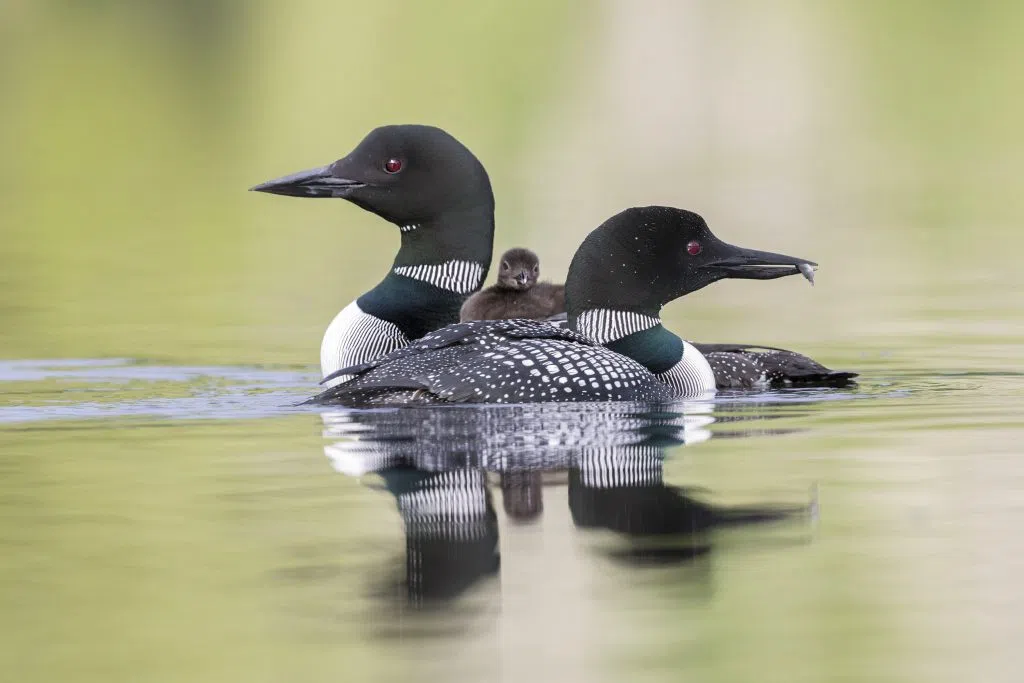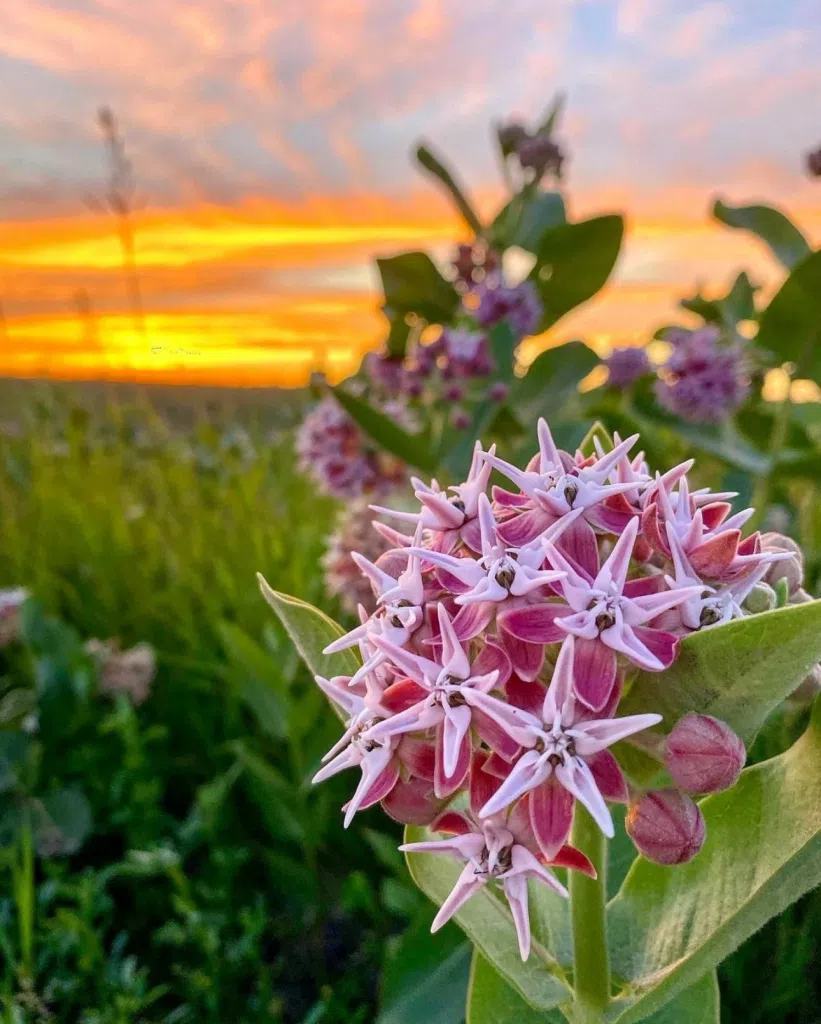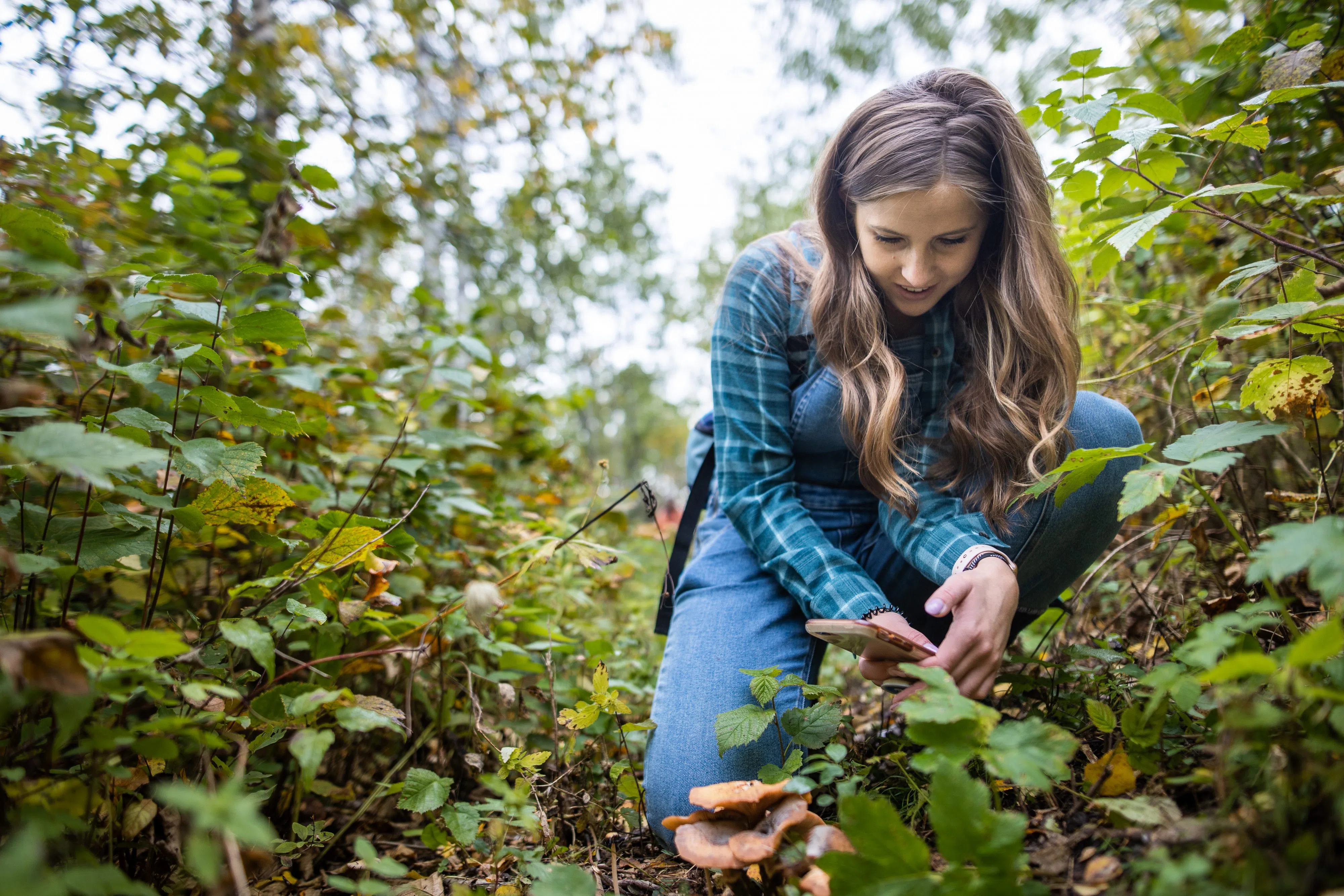The Big Backyard BioBlitz, hosted by the Nature Conservancy of Canada (NCC), returns for its fifth year from July 28 to August 4, calling on people across the country to document the species they encounter to help scientists monitor biodiversity.
The Big Backyard BioBlitz is a week-long community science event that empowers people to identify and record wildlife and plant species wherever they are – whether in a backyard, city park, along hiking trails or at one of NCC’s nature reserves. Using a smartphone, tablet or digital camera, participants can snap photos or make audio recordings and upload their findings to contribute to a growing database of biodiversity.
The Big Backyard BioBlitz is an activity all ages can participate in.
Learn more and register at backyardbioblitz.ca.
Participants can also download learning activities for younger naturalists from the website’s Kids’ Corner, such as scavenger hunt bingo, word searches, colouring pages and other activities for kids.

A week-old Common Loon chick (Gavia immer) rides on its mother’s back as the father cruises past – Ontario, Canada
During the 2024 Backyard BioBlitz, people submitted more than 47,800 photos of various plant and animal species with 21,849 of those being located in Ontario
This year’s event has been extended to a full week to give participants greater flexibility, including families enjoying the long weekend and workplaces looking to connect with nature as a team.
“Whether you’re a nature newbie, a budding naturalist, or a seasoned observer, your contributions matter, says Megan Quinn, coordinator of conservation biology in Ontario with Nature Conservancy of Canada. “Through this crowd-sourced effort, each observation helps researchers and conservationists better understand local biodiversity, detect invasive species, and track changes over time, especially in the face of climate change.”
Since the event began, over 193,000 observations have been submitted by participants, documenting more than 8,600 species, including many that are rare, at-risk, or endangered.
Since scientists can’t be everywhere, the data collected contributes to conservation planning, species protection, and ecosystem monitoring. These discoveries provide a snapshot of what is happening in communities and on the ground and gives NCC valuable information on the range and migration of species as it supports adequate habitats and resilient landscapes.
“It is inspiring to see people of all ages generously volunteer their time, and rediscover the wonders of the natural world, often right outside their door,” says Brianne Curry, communications manager with NCC in Ontario. “By taking part in the BioBlitz, you’re not only having fun and learning something new, but you’re actively contributing to a national effort to better understand and protect biodiversity.”
Participants are encouraged to share their sightings on social media, using the hashtag #NCCBioBlitz.










Comments